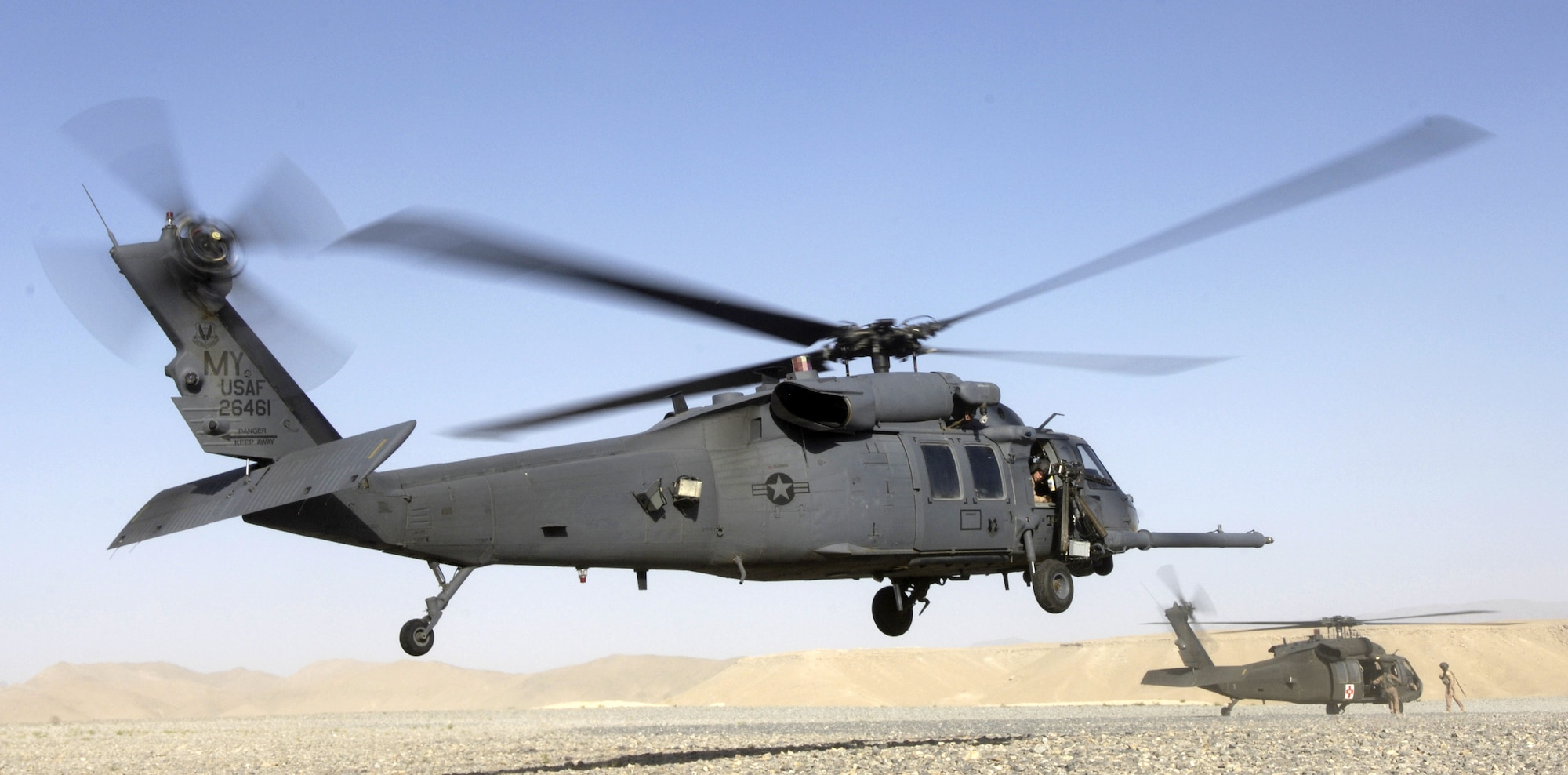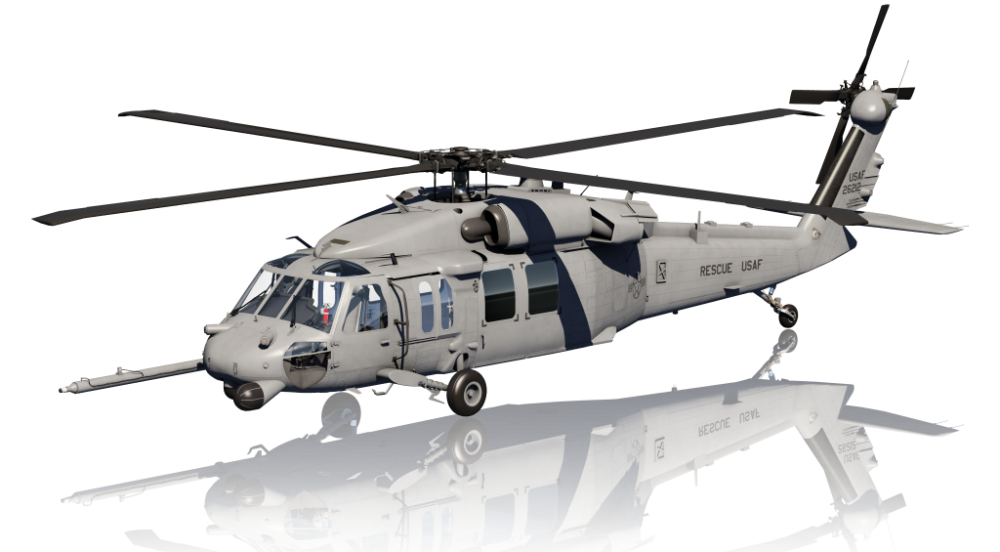UH 60 Helicopter Overview: Whatever You Required to Know
UH 60 Helicopter Overview: Whatever You Required to Know
Blog Article
The Impact of Lasting Practices on the Future of Aircraft Workflow and Emissions Decrease
As the air travel industry encounters boosting analysis over its ecological effect, the fostering of sustainable techniques arises as a crucial pathway towards future aircraft procedures and exhausts decrease. Developments in sustainable aeronautics fuels and improvements in hybrid propulsion modern technologies stand at the leading edge of this improvement, encouraging considerable decreases in greenhouse gas emissions.

Introduction of Lasting Practices
Lasting methods in airplane operations incorporate a variety of approaches targeted at reducing ecological influence while maintaining functional performance. These techniques are crucial in the aviation market's dedication to lessening its carbon footprint and sticking to worldwide ecological requirements. Trick campaigns include maximizing trip paths to lower fuel consumption, boosting maintenance protocols to make sure airplane run at peak effectiveness, and executing innovative technologies such as winglets and lightweight products that boost aerodynamics.

Engaging and training staff on sustainability practices likewise play a vital duty, promoting a society of ecological duty within organizations. In general, the combination of these lasting methods not just helps reduce emissions however also improves the lasting stability of the aeronautics market, ensuring it fulfills the needs of both clients and governing bodies while adding to worldwide sustainability objectives.
Cutting-edge Gas Alternatives
Numerous ingenious fuel choices are arising as essential remedies to reduce the aviation industry's dependence on traditional fossil gas. Among these choices, Lasting Air travel Gas (SAFs) have actually gained significant attention due to their potential to lower lifecycle greenhouse gas exhausts by as much as 80% compared to traditional jet fuels. SAFs are acquired from different feedstocks, consisting of waste oils, agricultural deposits, and even algae, making them a versatile alternative for the market.
Another appealing alternative is hydrogen gas, which, when utilized in fuel cells, produces just water vapor as a by-product. This zero-emission potential presents a significant possibility for decarbonizing flight operations, particularly for short-haul flights and regional airplane. Additionally, electric propulsion systems are being discovered, leveraging battery modern technology to power aircraft. While current battery ability restrictions range and payload, ongoing developments may soon render electrical trips feasible for specific applications - uh 60.
Finally, biofuels acquired from biomass are being investigated, supplying an eco-friendly option that can be blended with typical fuels. Collectively, these innovative fuel choices represent a vital step toward accomplishing a lasting air travel ecosystem, straightening with worldwide exhausts reduction targets and boosting the industry's ecological stewardship.
Technological Innovations in Air Travel

Exactly how can technical developments reshape the future of aeronautics? The assimilation of sophisticated technologies is essential in transforming airplane procedures, enhancing effectiveness, and reducing emissions. Advancements such as electrical and hybrid propulsion systems are at the center, appealing considerable reductions in gas intake and greenhouse gas emissions. These systems take advantage of innovations in battery technology and power administration, enabling aircraft to operate with a lower ecological footprint.
Additionally, the application of advanced products, such as lightweight compounds, contributes to boosted the rules of aerodynamics and fuel performance. Using expert system and artificial intelligence in trip operations optimizes path planning and minimizes index fuel shed by enabling real-time changes based on climate and traffic problems. Additionally, the advancement of autonomous and from another location piloted airplane systems stands to transform freight and traveler transportation, potentially boosting effectiveness while minimizing human error.
Moreover, lasting aviation innovations, including advanced air web traffic monitoring systems, can improve procedures and lower congestion, causing reduced emissions during trip. These advancements collectively represent a standard change in aviation, promising a future where sustainability and operational effectiveness are linked, thereby supporting the market's dedication to lowering its environmental impact.

Regulative Structure and Compliance
Taking into account the growing emphasis on environmental stewardship within the aeronautics industry, the regulatory structure controling airplane operations is evolving to advertise sustainable practices. Governing bodies, such as the International Civil Aviation Organization (ICAO) and different nationwide aviation authorities, are introducing stringent standards intended at lowering exhausts and boosting functional efficiency.
These policies usually consist of the adoption of Lasting Air travel Gas (SAF), which has actually been recognized as a key part in accomplishing lower carbon footprints. Moreover, conformity with these guidelines needs airlines to apply sophisticated innovations and operational methods, such as optimized flight paths and improved air web traffic monitoring, to minimize gas consumption.
Additionally, the enforcement of exhausts trading plans and carbon offsetting efforts is coming to be significantly prevalent, engaging airline companies to check and report their discharges precisely. Non-compliance can lead to significant penalties, thus pushing operators to focus on sustainability in their service models.
Eventually, the advancing regulative landscape not only drives advancement and investment in green modern technologies but likewise cultivates a culture of liability within the aviation market. As these structures continue to develop, the concentrate on lasting methods will be integral to accomplishing the market's lasting environmental goals.
Future Patterns in Airplane Procedures
As the aeronautics market adapts to a progressively strict regulatory setting, future patterns in airplane operations are set to focus on cutting-edge options that even more boost sustainability and performance - uh 60. Trick advancements will likely consist of the adoption of sophisticated air website traffic monitoring systems, which utilize real-time information and man-made knowledge to enhance trip paths, decreasing gas usage and discharges
One more significant fad is the enhanced assimilation of lasting air travel fuels (SAFs) These alternatives to standard jet fuel, obtained from sustainable resources, can significantly lower lifecycle greenhouse gas emissions. The sector's dedication to SAFs will likely speed up as airlines work together with gas manufacturers to make sure accessibility and cost-effectiveness.
Furthermore, the press towards electrification and crossbreed propulsion systems is getting momentum. Emerging aircraft layouts will certainly integrate these technologies, using quieter and much more reliable procedures, specifically for short-haul trips.
Verdict
The adoption of lasting aviation fuels, paired with improvements in hybrid and electrical propulsion systems, is necessary for decreasing lifecycle greenhouse gas exhausts. Enhancing trip paths and embracing cutting-edge technologies add to a quieter and much more click here for more eco friendly aviation sector.
Technologies in sustainable air travel gas and improvements in hybrid propulsion innovations stand at the leading edge of this transformation, promising considerable reductions in greenhouse gas emissions.Countless innovative fuel alternatives are emerging as essential remedies to decrease the air travel market's dependence on standard fossil fuels - uh 60. Among these options, Lasting Air travel Fuels (SAFs) have actually gained substantial focus due to their possible to reduce lifecycle greenhouse gas emissions by up to 80% contrasted to traditional jet fuels.One more substantial pattern is click for info the boosted combination of sustainable aeronautics fuels (SAFs) The adoption of lasting air travel gas, paired with developments in electric and hybrid propulsion systems, is necessary for minimizing lifecycle greenhouse gas emissions
Report this page